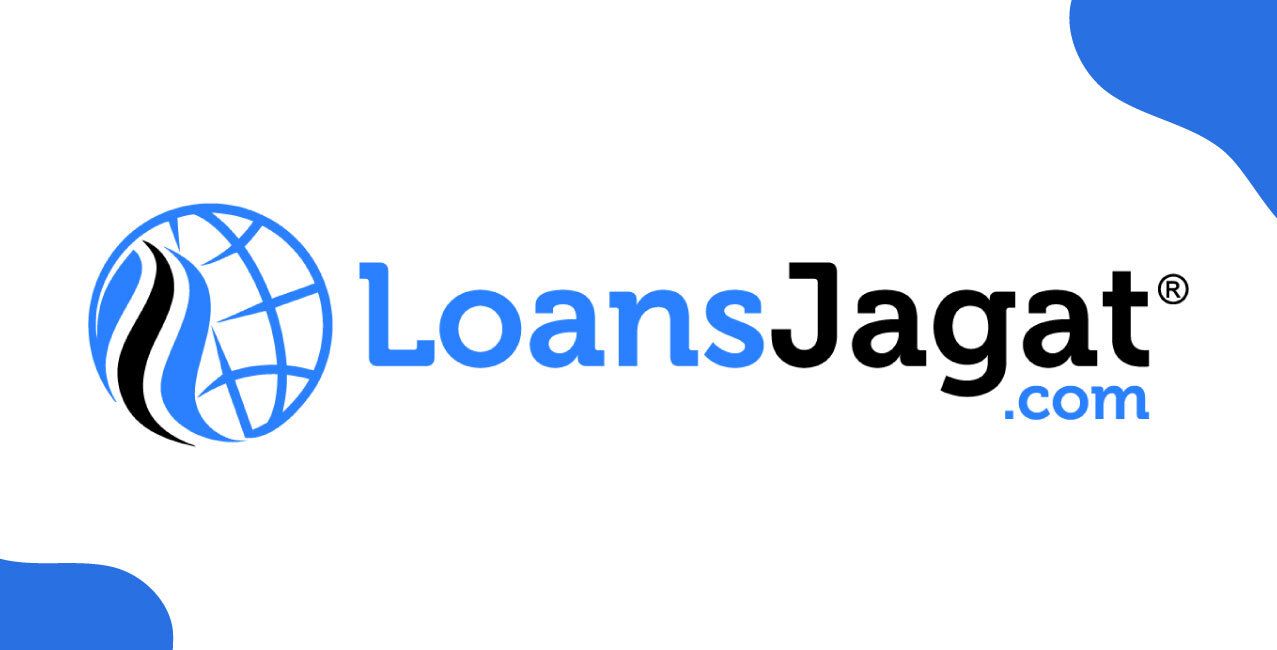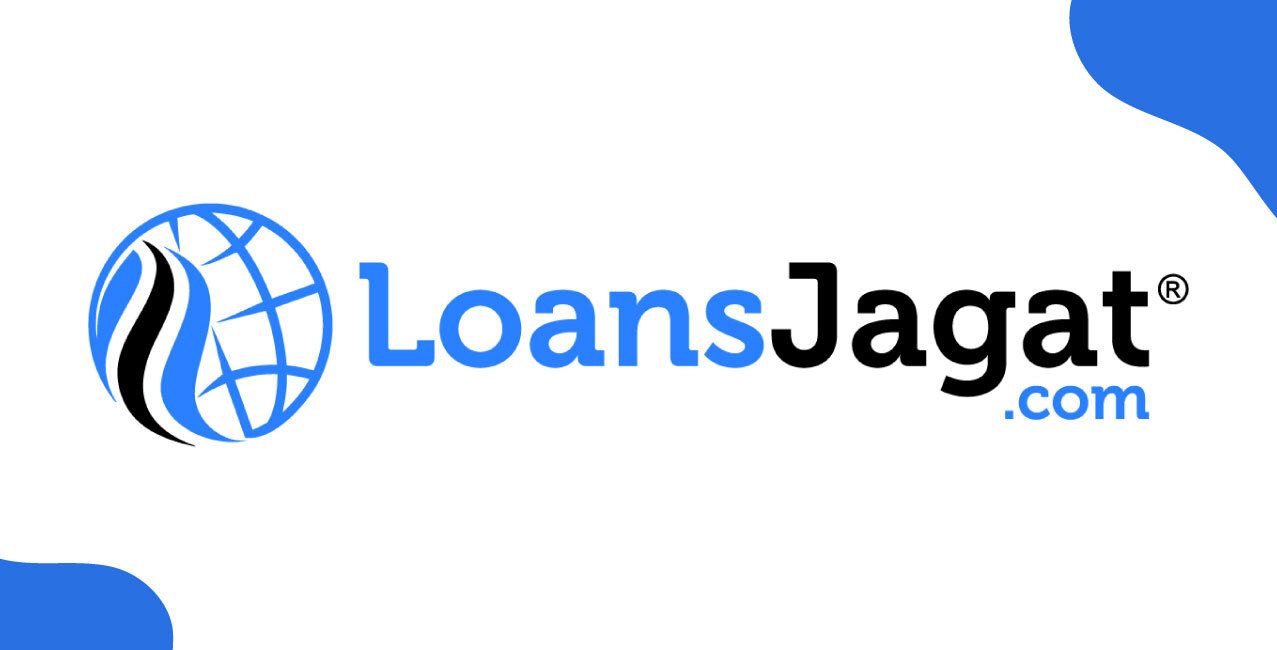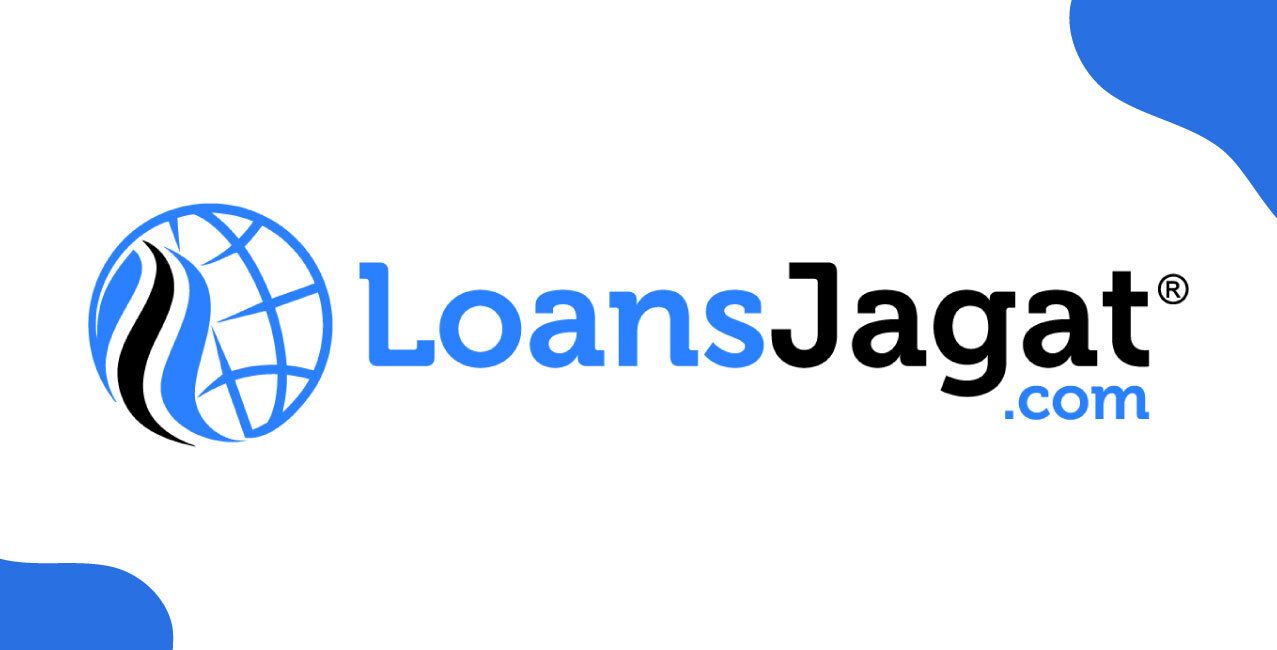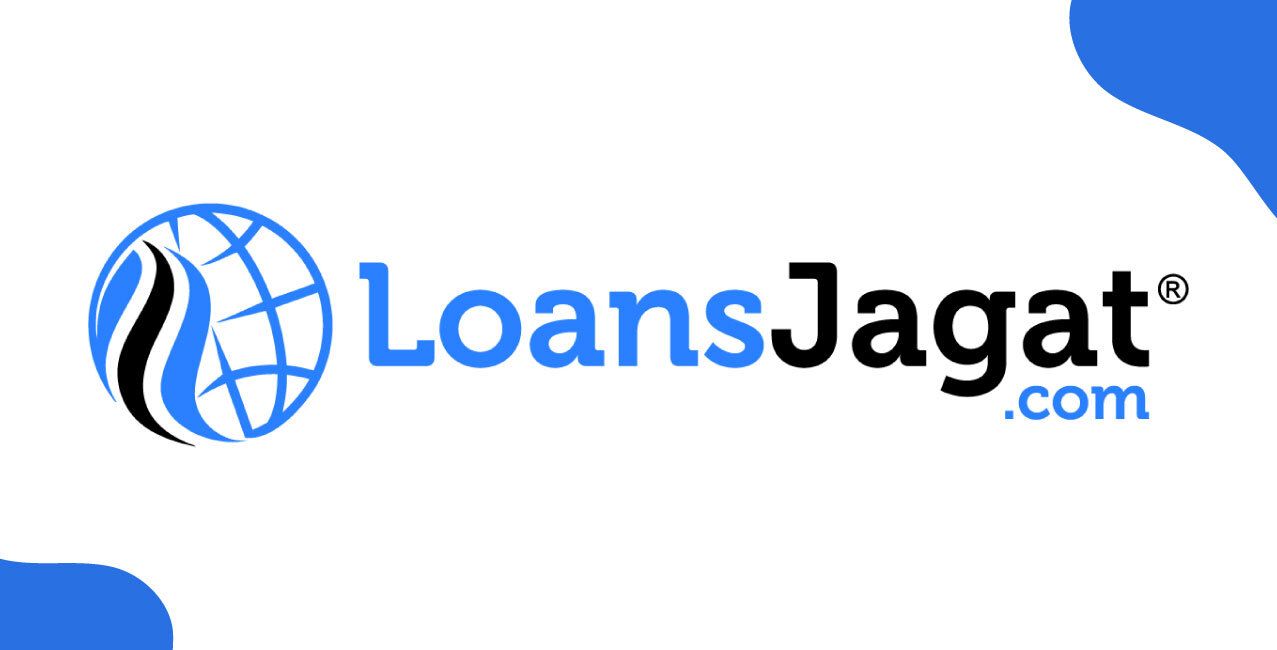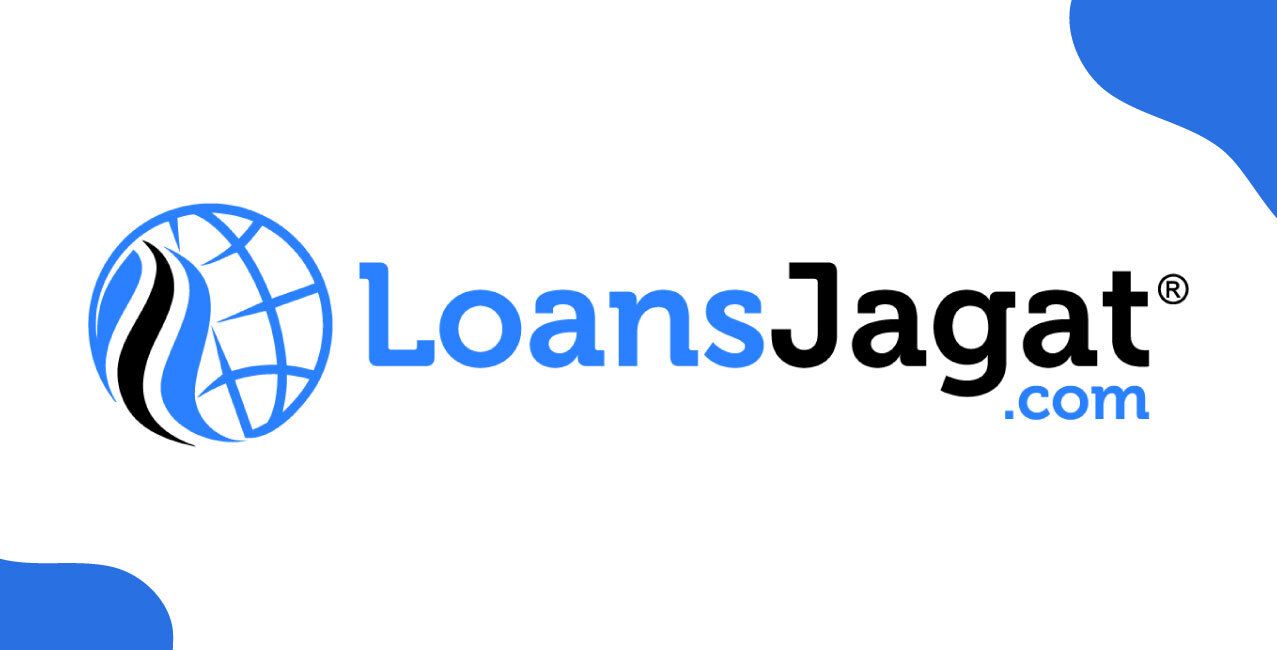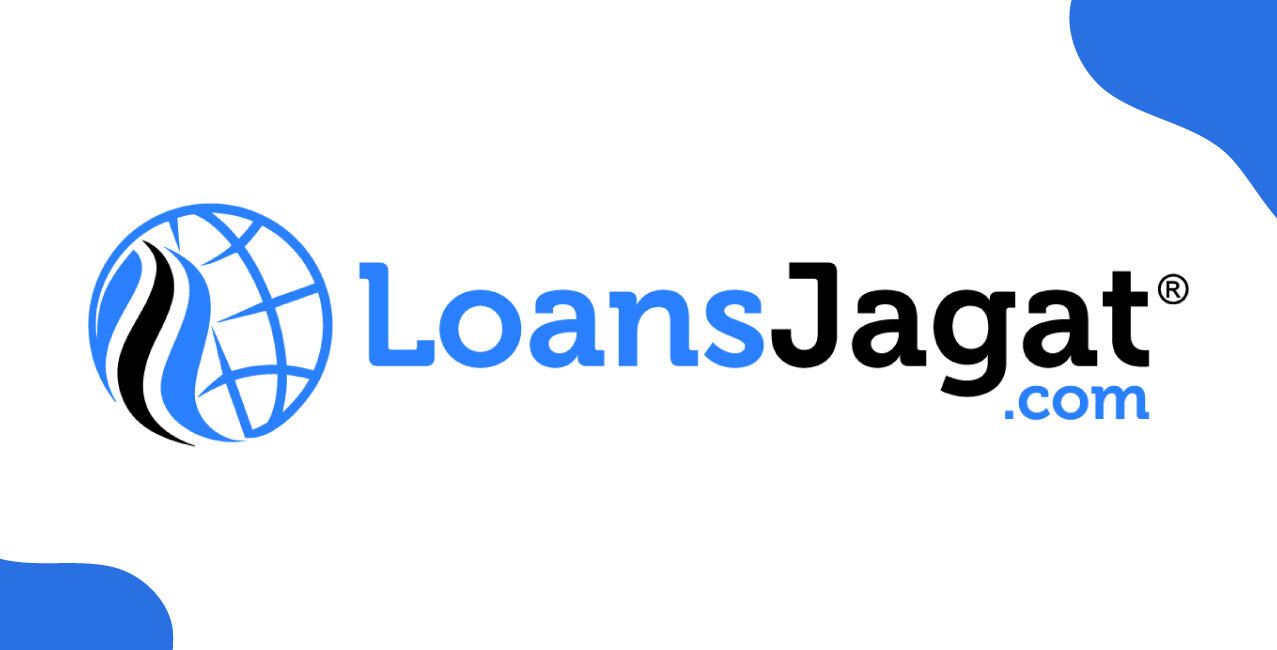What is a Hard Money Loan : Features & Risks

Check Your Loan Eligibility Now
By continuing, you agree to LoansJagat's Credit Report Terms of Use, Terms and Conditions, Privacy Policy, and authorize contact via Call, SMS, Email, or WhatsApp
Key Takeaways
- Hard Money Loan gives quick access to cash, faster than regular bank loans.
- A Hard Money Loan is secured by property, not your credit score.
- Hard Money Loan usually comes with higher interest rates because of higher risk.
A hard money loan is a short-term loan secured against real estate, such as a home or commercial property. Unlike regular bank loans, private lenders or firms usually provide these loans.
Hard money loans are ideal for borrowers who need quick cash and may not qualify for traditional loans. For example, if someone wants to buy a house to renovate and sell within a year, they can use a hard money loan.
Let’s say Ravi wants to buy a property worth ₹50,00,000, but the bank rejects his loan due to poor credit. A private lender offers him a hard money loan at 12% annual interest.
Hard money loans offer fast funding, but they come with higher interest and are best used for short-term needs. This blog explains how they work, their benefits, and risks.
Read More – Understanding the Difference Between Secured vs Unsecured Personal Loans
How Do Hard Money Loans Work?
Hard money loans are quite different from standard bank loans. They are faster to get but usually cost more and last for a shorter time. The table below explains the key features of hard money loans:
This type of loan suits people who need quick funds and can repay in the short term, like property investors or home flippers.
What Are Hard Money Loans Used For?
Hard money loans are useful when borrowers need quick funding and already own or are investing in property. Since they come with higher interest rates and shorter repayment terms, most people use them for specific short-term needs. Here are the most common uses:
Flipping Properties
Hard money loans work well for property investors who buy, renovate, and quickly sell houses.
Example:
Meena, a property investor, finds an old flat for ₹40,00,000. She takes a hard money loan of ₹30,00,000 to buy and renovate it. Within six months, she sells it for ₹55,00,000. After repaying the loan and covering renovation costs, she makes a good profit.
Why it works:
She only paid interest during the loan period and cleared the full amount after selling the flat.
Bridging the Gap Between Two Homes
These loans can help homeowners who want to buy a new house before they’ve sold their old one.
Example:
Arun wants to buy a new home worth ₹60,00,000 but hasn’t sold his current one yet. He uses a hard money loan of ₹20,00,000 against his existing home to pay the deposit. After two months, he sells his old home and repays the loan.
Why it works:
He avoids delays and doesn’t need to refinance or take a home equity loan.
Using Home Equity to Avoid Default
Some homeowners use hard money loans to stay afloat during financial hardship, even when they have equity in their property.
Example:
After her husband’s sudden passing, Rekha struggles to pay her mortgage. Her home is worth ₹70,00,000, and she still owes ₹20,00,000. She takes a ₹15,00,000 hard money loan to cover missed payments and basic expenses while she decides whether to sell the house.
Why it works:
She protects her home from default and buys time to improve her situation.
Hard Money Loans vs Traditional Home Loans
Hard money loans and traditional mortgages serve very different purposes. While hard money loans offer speed and flexibility, traditional loans offer protection, lower interest, and long-term stability. The table below shows the key differences between the two:
Hard money loans suit short-term needs but come with fewer safeguards. Traditional loans take longer to process but provide more stability and protection for homeowners.
Bonus Tip: If an urgent property opportunity arises, a hard money loan can provide immediate liquidity, but it is imperative to calculate total costs and establish a robust repayment plan beforehand; for long-term property investment and ownership, a traditional mortgage remains the safer and more predictable option.
Pros and Cons of Hard Money Loans
Hard money loans can be helpful in some situations, but they also come with risks. The table below shows the main advantages and disadvantages to help you decide wisely:
Hard money loans offer speed and flexibility, but they should be used carefully due to their higher cost and risk. Always compare with traditional options before deciding.
Bonus Tip: Only borrow what you truly need and have a clear repayment plan to avoid losing your property or facing financial strain.
When to Consider a Hard Money Loan?
You should consider a hard money loan when:
- You need fast funding: Traditional loans take weeks, but hard money can be approved in days.
- You have poor credit: If banks have rejected you, hard money lenders may still approve your loan based on property value.
- You’re investing in property: It's useful for flipping houses or short-term property deals.
- You need short-term help, like bridging the gap between selling your home and buying a new one.
- You own valuable property but lack cash: You can use your property’s equity to raise quick funds, especially in urgent situations.
Always ensure you have a clear repayment plan, as hard money loans can be risky and expensive if not managed carefully.
Alternatives to Hard Money Loans
If a hard money loan feels too risky or doesn’t suit your situation, there are other borrowing options you can consider. These alternatives offer more stability, lower interest rates, and longer repayment terms.
1. Home Equity Loan or HELOC
You can borrow against the value of your current home through a home equity loan or a home equity line of credit (HELOC).
With a home equity loan, you receive a lump sum and repay it over time.
With a HELOC, you draw money as needed, up to a set limit, and pay interest only on the amount you use.
Why it helps:
You can access your equity with clear repayment terms and often lower interest rates than hard money loans.
2. Cash-Out Refinance
A cash-out refinance replaces your current mortgage with a new one for a larger amount. You receive the difference in cash, which you can use as needed.
Why it helps:
It provides access to cash and may offer longer repayment and more affordable monthly payments.
Also Read - Pros and Cons of Taking a Loan Against Property in India
3. Small Business Line of Credit
If you’re buying property as part of a business or investment plan, and you’re registered as a small business, you may qualify for a business line of credit.
Why it helps:
It gives flexibility and can be cheaper than a hard money loan, especially for property-related business needs.
Conclusion
Hard money loans can be a helpful option when you need quick access to funds and have property to use as security. They work well for short-term needs, such as flipping homes or bridging the gap between buying and selling properties. However, they come with higher interest rates, short repayment periods, and the risk of losing your property if you cannot repay on time.
FAQ’s
1. Can I get a hard money loan without a good credit score?
Yes, lenders focus more on the property's value than your credit score, making approval easier for people with poor credit.
2. Do hard money lenders need proof of income?
Most don’t. They mainly check the property’s value and your exit plan rather than your salary or job status.
3. Can I use hard money to build a house?
Yes, some lenders offer hard money loans for construction, but you must clearly show how and when you’ll repay the loan.
4. Are hard money loans only for property investors?
No, homeowners can also use them, for example, to buy a new house before selling the old one or during emergencies.
5. Will a hard money loan affect my existing mortgage?
It could. If you already have a mortgage, the hard money loan becomes a second charge and may increase your repayment risks.
Other Related Pages | |||
About the author

LoansJagat Team
Contributor‘Simplify Finance for Everyone.’ This is the common goal of our team, as we try to explain any topic with relatable examples. From personal to business finance, managing EMIs to becoming debt-free, we do extensive research on each and every parameter, so you don’t have to. Scroll up and have a look at what 15+ years of experience in the BFSI sector looks like.
Subscribe Now
Related Blog Post

Mahindra Finance Car Loan Interest Rate – Complete Guide & EMI Tips

HDB Loan Status – Complete Guide to Check Application Progress

Chola Finance Car Loan Interest Rate – Complete Guide & EMI Tips
Recent Blogs
All Topics
Contents
Quick Apply Loan
Consolidate your debts into one easy EMI.
Takes less than 2 minutes. No paperwork.
10 Lakhs+
Trusted Customers
2000 Cr+
Loans Disbursed
4.7/5
Google Reviews
20+
Banks & NBFCs Offers
Other services mentioned in this article
